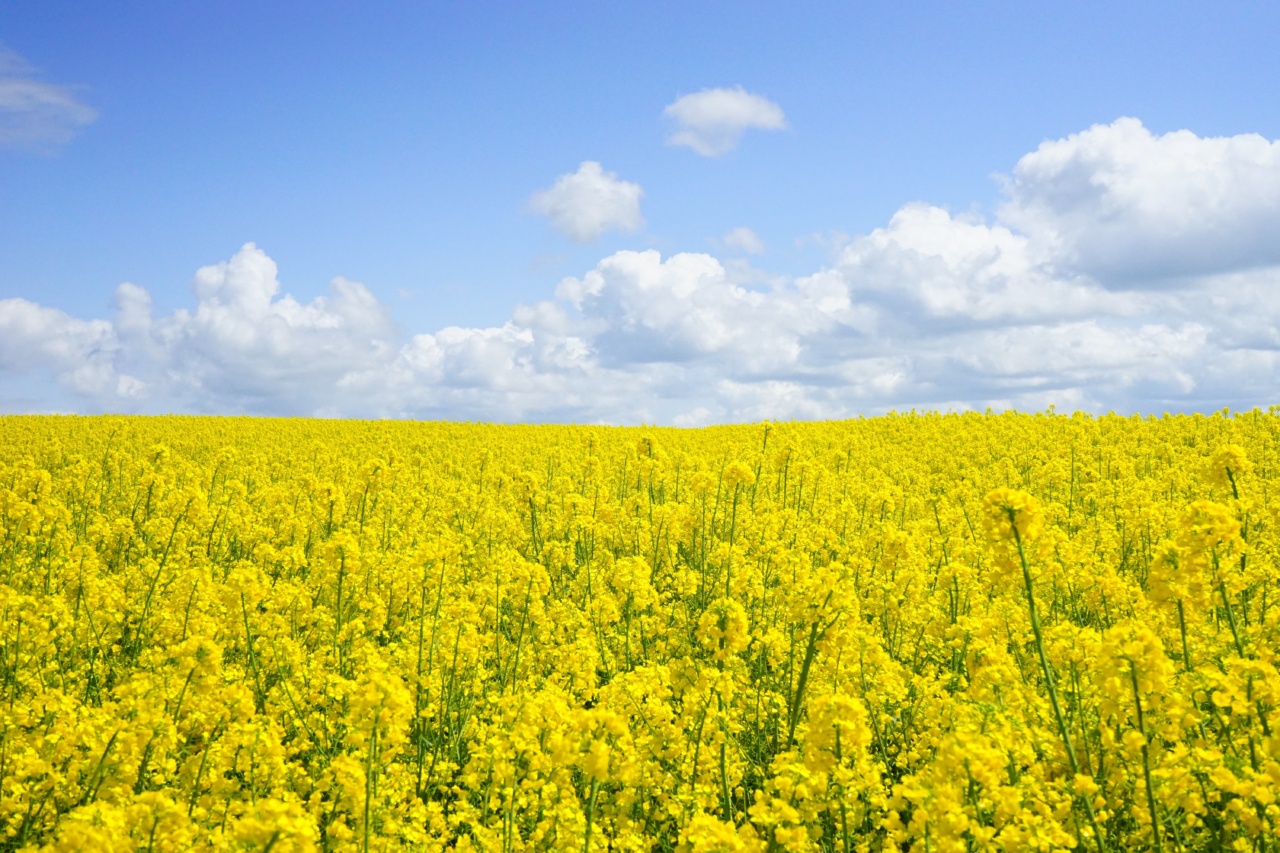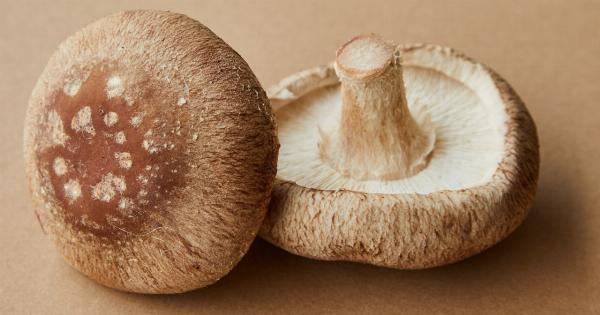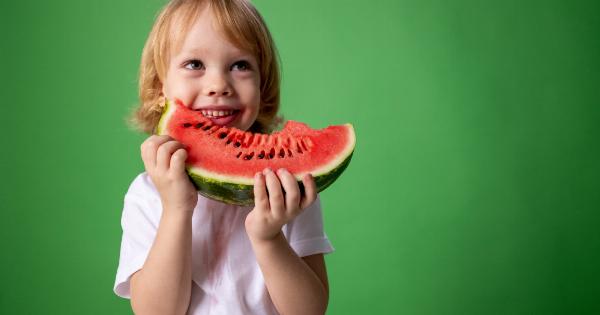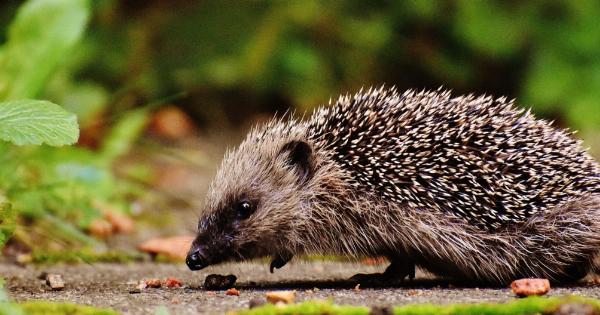When it comes to protein, many of us immediately think of animal-based sources like chicken, beef, and eggs. However, there is a vast array of herbal protein powerhouses that are often overlooked.
These plant-based sources not only provide an abundance of protein but also offer other important vitamins, minerals, and nutrients. If you’re looking to diversify your protein intake and discover new and unique sources, here are 10 herbal protein powerhouses you probably didn’t know existed.
1. Hemp Seeds
Although hemp seeds have gained popularity in recent years, they are still relatively unknown to many. These tiny seeds are packed with protein, containing an impressive 10 grams in just 3 tablespoons.
Additionally, hemp seeds are rich in essential fatty acids, including omega-3 and omega-6, making them a complete source of protein.
2. Spirulina
Spirulina is a type of blue-green algae that has been consumed for centuries for its nutritional benefits.
Not only is spirulina an excellent source of protein, with about 6 grams per tablespoon, but it also contains essential amino acids that our bodies need for various functions. Its high concentration of antioxidants and anti-inflammatory compounds makes spirulina a powerful addition to any protein-rich diet.
3. Quinoa
You may be familiar with quinoa as a grain, but did you know that it is also an excellent source of plant-based protein? Quinoa contains all nine essential amino acids, making it a complete protein.
With approximately 8 grams of protein per cooked cup, quinoa is a versatile and nutritious addition to any diet.
4. Chia Seeds
Chia seeds may be small, but they are mighty when it comes to protein content. With 4 grams of protein in just 2 tablespoons, these tiny seeds pack a powerful punch. They also provide fiber, omega-3 fatty acids, and various micronutrients.
Adding chia seeds to your meals or snacks is an easy way to boost your protein intake.
5. Black Beans
Black beans are not only delicious but also a fantastic source of plant-based protein. With approximately 15 grams of protein per cooked cup, they are ideal for vegetarians and vegans looking to meet their protein needs.
Black beans are also high in fiber, making them a great choice for digestive health.
6. Pumpkin Seeds
Pumpkin seeds, also known as pepitas, are often overlooked as a source of protein. However, these little seeds contain around 5 grams of protein per ounce. They are also rich in magnesium, zinc, and other important minerals.
Enjoy them roasted or as a topping for salads and soups to increase your protein intake.
7. Lentils
Lentils are a staple in many cuisines around the world and for a good reason. Besides being affordable and versatile, lentils are an excellent source of both protein and fiber.
With approximately 18 grams of protein per cooked cup, lentils can be a vegetarian’s best friend. They also provide iron, folate, and other essential nutrients.
8. Edamame
Edamame, or young soybeans, are not only a tasty snack but also a great source of plant-based protein. With approximately 17 grams of protein per cup, edamame can be enjoyed on their own, added to salads, or incorporated into various dishes.
They are also high in fiber, vitamins, and minerals, making them a nutritious choice.
9. Amaranth
Amaranth is an ancient grain-like seed that has been cultivated for thousands of years. It is often considered a superfood due to its rich nutrient profile.
Amaranth contains approximately 9 grams of protein per cooked cup and is also a good source of iron, magnesium, and phosphorus. This gluten-free grain alternative is perfect for those seeking more herbal protein options.
10. Buckwheat
Although it has the word “wheat” in its name, buckwheat is actually a seed and not related to wheat at all. It is a safe and nutritious option for individuals with gluten sensitivities.
Buckwheat contains around 6 grams of protein per cooked cup and is also rich in fiber, manganese, and magnesium. Incorporate it into your meals as a side dish or use buckwheat flour to make delicious gluten-free baked goods.






























